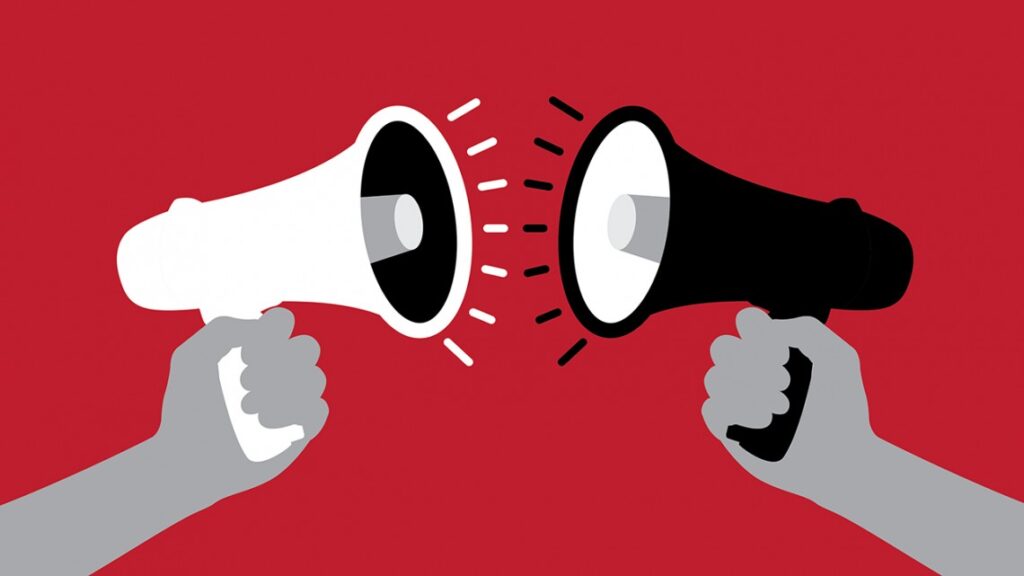New Delhi: The Madras High Court, in a landmark judgment, set aside the detention of YouTuber Savukku Shankar. The court emphasized that freedom of speech is an inborn right. This fundamental right, according to the court, cannot be curtailed unless it poses a serious threat to public safety and security.
Government Criticism Is Not a Threat to Public Order
Justice SM Subramaniam and Justice V Sivagnanam clarified an important point. They stated that speeches criticizing the government, its policies, or actions, do not inherently threaten public order. Exposing corruption and illegal activities within public administration also does not fall under this category. Individuals have the right to express their opinions freely.
Preventive Detention Laws: Not for Routine Use
The court issued a caution to the state. It warned against restricting individual freedom based on whims or fancies. Preventive detention laws should be invoked with extreme care and caution. Using these laws routinely to suppress citizens’ rights is dangerous. Such actions could deter citizens from expressing their opinions, thereby weakening the foundation of democracy.
The court acknowledged the complexity of regulating speech in the digital age. With the internet overflowing with information, prosecuting every individual who spreads false information is impractical. The state should focus on whether such publications genuinely threaten public order. Selective detention for spreading misinformation, the court argued, is a greater threat to democracy.
State’s Role in a Democratic Society
In a democracy, differing views are inevitable. The court emphasized that the state’s role extends beyond suppressing dissenting opinions. Instead of engaging in legal battles against these views, the state should use social media to understand public grievances. By doing so, the government can address concerns more effectively.
Freedom of Speech: The Cornerstone of Democracy
The court reiterated that a free country must always champion free speech. The imposition of reasonable restrictions should be done sparingly. Taking drastic measures against citizens for expressing their opinions weakens democracy. The court emphasized that the essence of a healthy democracy lies in free speech. Any attempt to narrow this freedom is harmful.
Viewer Choice and Content Responsibility
The court addressed the responsibility of content providers. It pointed out that viewers have the autonomy to choose what they consume. While content providers must ensure accuracy, viewers often seek content that aligns with their beliefs. Censorship of opinions against the government or public institutions is unhealthy for governance.
Legal Recourse for Affected Individuals
Finally, the court advised that if an individual feels affected by certain views, they have the legal right to seek redress. However, the state should avoid a rigid stance on social media content. Over-regulation could lead to an endless and unproductive cycle. The court warned that such actions could diminish the spirit of Article 19(1)(a), which guarantees freedom of speech and expression.
Follow us on Facebook, X, YouTube & Instagram to never miss an update from The Credible India

